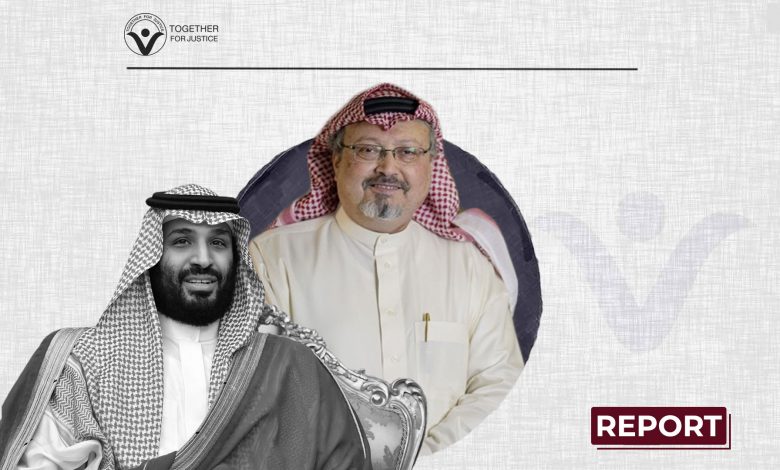Sovereign Immunity: Will Saudi Crown Prince Grant Impunity?

Will the Saudi crown prince Mohammed bin Salman (MBS) avoid accountability for the Saudi-US journalist Jamal Khashoggi’s murder? This is the most asked question by human rights defenders and political activists after MBS was announced as Prime Minister, a position that enables him to enjoy sovereign immunity.
Earlier this week, Saudi Arabia’s Crown Prince Mohammed bin Salman has been named the kingdom’s prime minister in a cabinet reshuffle ordered by King Salman.
The new role is likely to grant the crown prince sovereign immunity in a case brought by the fiancée of Khashoggi, Hatice Cengiz.
In July, the administration sought a delay in filing its response to the court, which had initially been sought by 1 August. John Bates, a district court judge, agreed to extend the deadline to 3 October. Among other issues, he called on the administration to state whether it believed Prince Mohammed ought to be granted immunity under rules that protect countries’ head of state.
The decision to name Prince Mohammed as prime minister would also likely assuage any lingering concerns in Saudi Arabia that the crown prince could be arrested or otherwise face legal challenges while traveling abroad.
In this regard, we warn that this decision should not prevent justice. We also call the international community to assume responsibility and not to allow criminals’ immunity.




